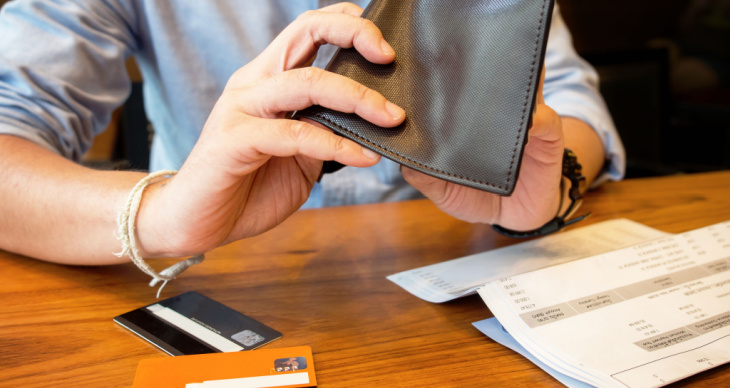Did you know that you may apply for emergency funds to help pay bills like rent, utilities, groceries and more? The government and private organizations have emergency grants for individuals and families with low household incomes and limited resources. You may receive hundreds if you meet the requirements. Find out which programs may provide you with money quickly.
Households may receive help paying bills from government and non-government programs. State governments administer federal programs, and many charities are available nationwide. Plus, local organizations assist their communities.
Utility Bill Help: Low-Income Home Energy Assistance Program
LIHEAP provides utility bill assistance to households with an income below the threshold. You can get help with utilities that heat and cool your home, like bills for:
- Electricity.
- Natural gas.
- Heating oil.
- Water.
- Wood.
- Coal.
The specific emergency help with utility bills will depend on where you live. Most states have heating and cooling assistance, but not all. For instance, Connecticut offers electric bill assistance to cover heating expenses in the winter, but it does not continue into the summer.
Likewise, each state has a different maximum assistance amount. For example, applicants may get help with an electric bill for heating up to $5,775 in Alaska or $450 in Georgia.
Cell Phone and Internet Bill Help: The Lifeline Program
Households may also get help with monthly bills for communication services, including cell phones and internet access. The federal government considers these services essential since you need phones to:
- Reach emergency responders.
- Apply for jobs and call your work.
- Enroll your children in schools.
- Pay bills and contact providers.
The Lifeline program can help with paying a bill for communication services and offer a free cell phone to anyone who meets the criteria. In most areas, household income must be less than 135 percent of the federal poverty level. Some households may also qualify based on participation in other social service programs, such as food stamps.
General Bill Help: Temporary Assistance for Needy Families
TANF may provide emergency money to pay bills if your family needs assistance and meets the requirements. Typically, household income must be less than average, and you must be experiencing underemployment or unemployment. Additionally, the TANF program is exclusively for households with children.
TANF sends emergency money for bills monthly, and you can use funds for different necessities. Many state TANF programs also provide:
- Child care assistance.
- Job training and education.
- Transportation.
- Employment activities.
- Other support services.
The goal of the program is for participants to be self-sufficient. So, employment-related services are usually a condition if you do not have full-time work.
More Options: Nonprofits and Charities
When you need emergency money, the government is not the only entity to turn to. Several charities provide local residents with funds to pay bills to get back on their feet. The following are some of the biggest and most accessible groups for domestic needs:
- American National Red Cross
- Catholic Charities USA
- Combined Jewish Philanthropies
- Feeding America
- Goodwill Industries International
- HealthWell Foundation
- Salvation Army
- Samaritan’s Purse
- United Way
If you need help paying rent or housing costs, you may benefit from the programs in the next slides.
By Admin –
